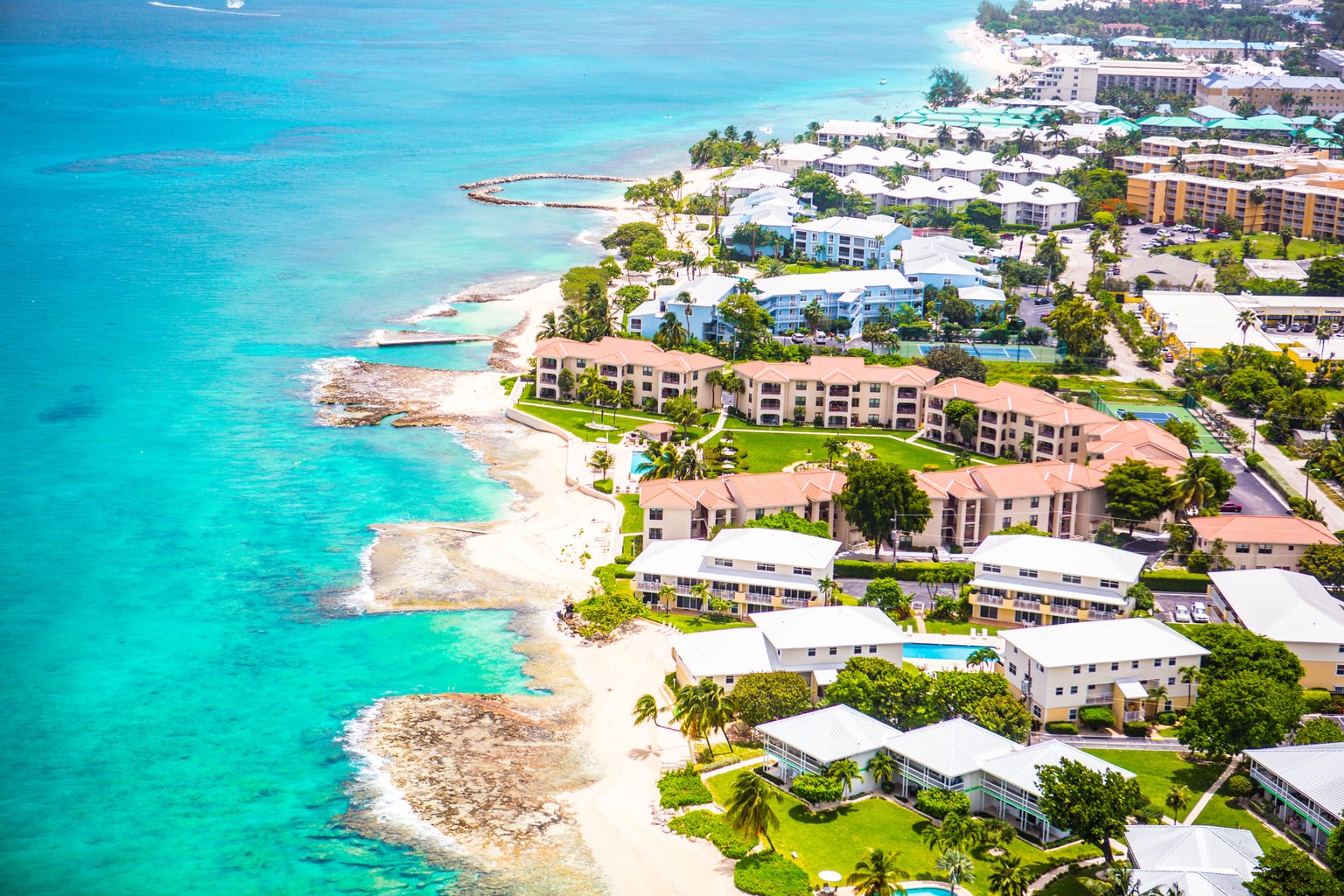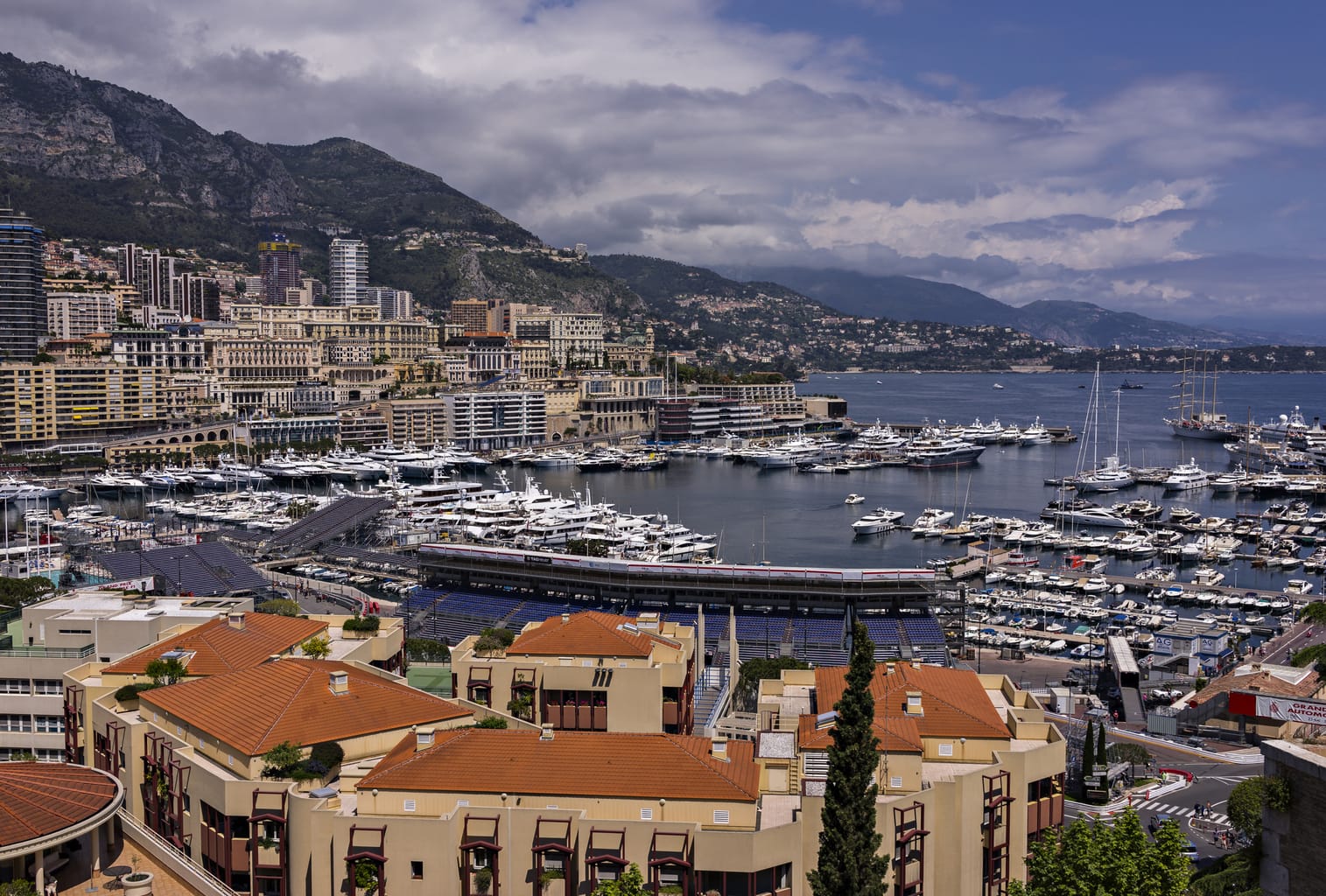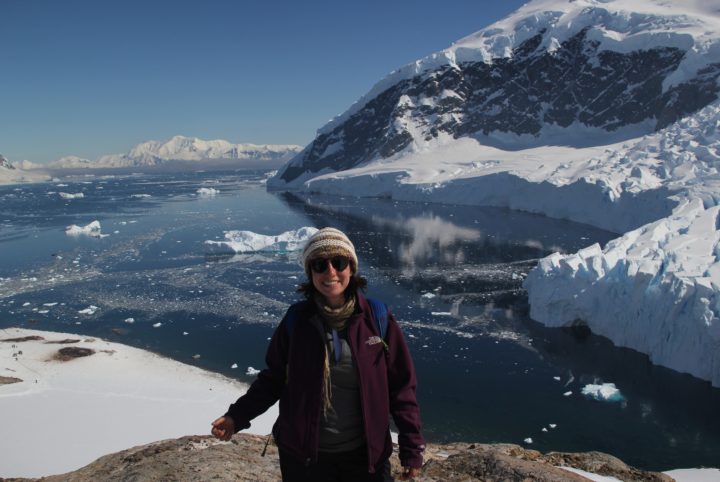
While the 2016 Panama Papers investigation revealed unprecedented tax avoidance, a new study unearths another role offshore entities play: helping those involved avoid governments confiscating their property.
In 2016, the leak of 11.5 million documents from the Panamanian law firm Mossack Fonseca known as the Panama Papers exposed the inner workings of 200,000 offshore entities and sparked a furore over offshoring that continues to occupy journalists, policymakers, and researchers today.
Now fresh research shows that people shifting assets offshore may not always be doing so simply because they are looking to avoid paying tax. Instead they are motivated by a little-discussed fear that governments in their countries of origin will attempt to expropriate their assets.
Depending on the governance in a country, different groups might be affected. In these cases, offshoring is also used to hide assets from governments that are ramping up their law enforcement efforts.
From a policy perspective, it is important to understand why individuals and firms decide to hide their wealth in offshore entities.
Who creates offshore companies and why?
Led by the International Consortium of Investigative Journalists (ICIJ), the media has probed how politicians and public officials such as Russian President Vladimir Putin and Pakistan’s Prime Minister Nawaz Sharif have used offshore entities; meanwhile, social scientists have been busy analysing the systemic role offshoring plays in states and economies.
A paper by researchers from Monash Business School, the University of Adelaide and University of St Gallen Switzerland has proposed another way offshoring might challenge states seeking, for good or for ill, to subject residents to their power.

Dodging confiscations
Associate Professor Paul Raschky, from Monash Business School’s Department of Economics and SoDa Labs, says initially they thought that offshoring may help residents dodge property confiscations or expropriations.
“These people – or the governments doing the confiscating – may be either shady or honest. In either case, offshoring may offer a way to take assets susceptible to seizure out of the reach of the state,” he says.
Associate Professor Raschky, with co-authors Ralph-Christopher Bayer (University of Adelaide) and the University of St Gallen’s Roland Hodler and Anthony Strittmatter, merged the data on offshore entity incorporations gleaned from the Panama Papers with data about expropriation and property confiscation events reported in global media from a project called GDELT.
“We looked at whether reports of expropriations or property confiscations in a given country lead to a greater number of offshore incorporations by agents from those countries within the same month,” Dr Anthony Strittmatter from the University of St Gallen says.
“More media coverage of local property expropriations or confiscations could lead residents to update their beliefs on how likely a state is to expropriate their own property and decide to incorporate an offshore entity to protect it.”
This effect does indeed appear in the data. The beginning of a new string of media stories on expropriations and confiscations by a state increases the likelihood that an agent from that country incorporates an offshore company in the same month by three percentage points.
Removing tax havens as countries of origin (which often act as intermediaries in offshoring processes) does not alter the results.
Shady characters or governments?
But a crucial question arises: who are the good guys and who are the bad guys in this story?
“In countries with strong rule of law and well-developed institutions, state confiscations and expropriations are key to deterring and prosecuting crime,” Associate Professor Raschky says.
“One can imagine criminal figures or organisations moving assets out of the country to escape precisely this risk.”
On the other hand, for decades political theorists have outlined how states could develop around “stationary bandits” who use state power to rob and extort honest citizens through taxes and confiscations.
Associate Professor Raschky admits that with so-called “Leviathan governments,” (those that act as a monopolist and maximise tax revenue) offshoring could offer good people one avenue to protect themselves from these types of states.
“Disentangling whether the relationship between offshoring and expropriation is driven by malevolent citizens or malevolent governments is, therefore, an empirical question,” Associate Professor Raschky says.
“We classify countries of origin for offshored entities using various measures of governance and institutional quality as well as economic development.”

Their finding of increased offshoring after news of expropriation turns out to be driven by rich countries of origin with non-corrupt, effective governments. It disappears for countries with poor governance.
Associate Professor Raschky says this shores up the story of “criminals and criminal organisations using offshore entities to protect their illegally acquired wealth from reasonably well-intended and well-functioning government agencies.
“We don’t rule out that honest citizens might also be using offshore entities to avoid Leviathan governments, it’s conceivable that our data and approach simply may not be well suited to detecting this phenomenon,” he says.
The research offers useful insight into the political role of offshoring beyond tax evasion.
“Policymakers must not overlook offshoring as a means to hide assets from honest governments that are ramping up their law enforcement efforts.” Associate Professor Raschky says
In the meantime, the researchers will continue to explore the gaps in the rule of law that offshoring may fill.


